The Type 1 Game Type 1 Diabetes for dummies
Sometimes these are called Type 0, Type 1, Type 2, and Type 3 Conditionals. We will quickly introduce them in this lesson and go into more detail about each conditional in individual lessons. The Zero Conditional. This involves the present simple + present simple This is used for facts that are generally true or scientific facts.

Type 1 ChiHe Не YouTube
Sometimes the first symptoms of type 1 diabetes are signs of a life-threatening condition called diabetic ketoacidosis (DKA). Some symptoms of DKA include. breath that smells fruity. dry or flushed skin. nausea or vomiting. stomach pain. trouble breathing. trouble paying attention or feeling confused.
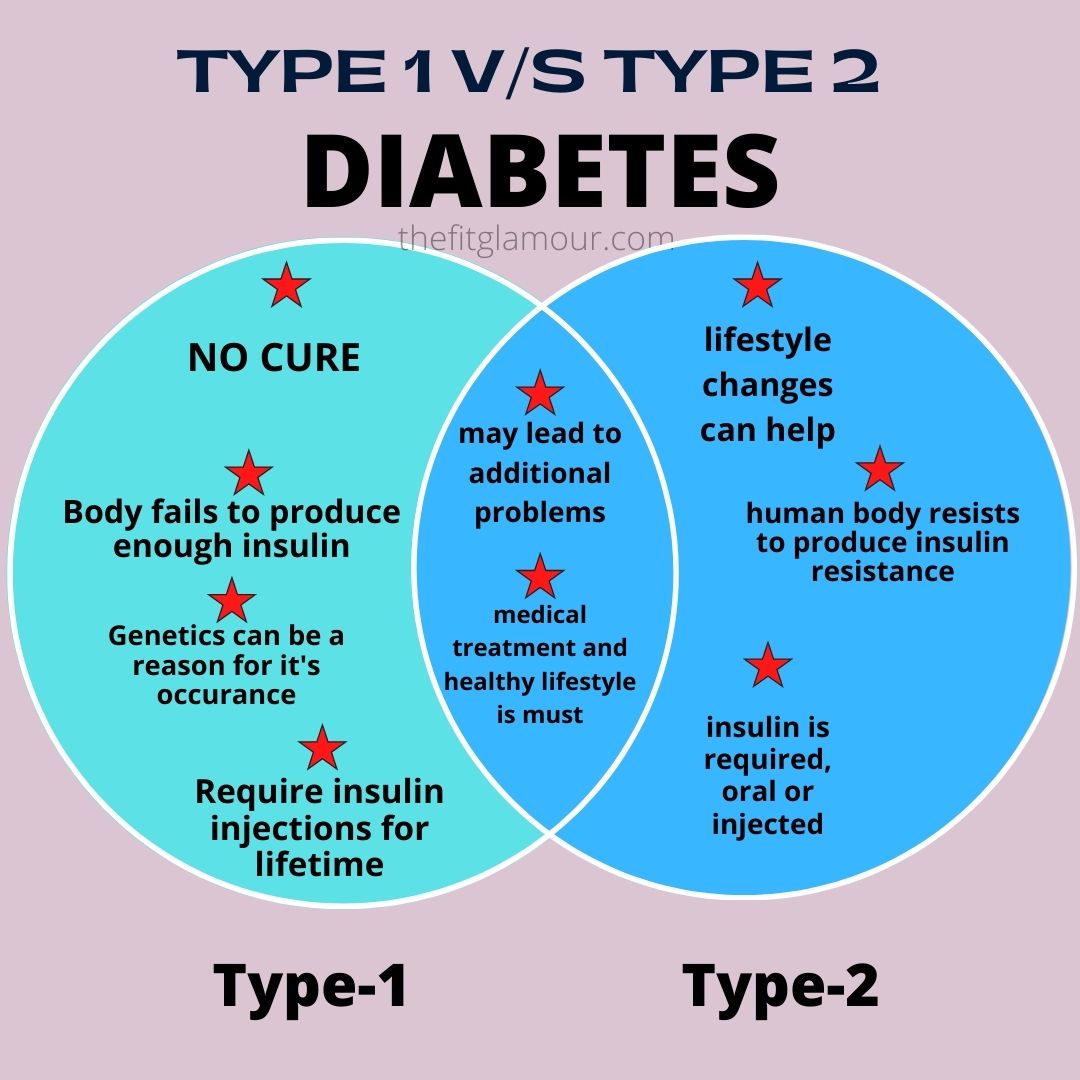
Type 2 Diabetes Symptoms, Causes, and Treatment The Fit Glamour
These symptoms can develop quickly, from unusual thirst to tingling and numbness in the hands or feet. Most people with type 1 diabetes are diagnosed in childhood and early adulthood, but it can appear at any age. Common symptoms of type 1 diabetes: unusual thirst. frequent urination. weight change (gain or loss) extreme fatigue or lack of energy.

What are Modic Changes and How is it Treated Know its Significance on Back Pain
Type 1 diabetes (T1D), formerly known as juvenile diabetes, is an autoimmune disease that originates when cells that make insulin (beta cells) are destroyed by the immune system. Insulin is a hormone required for the cells to use blood sugar for energy and it helps regulate glucose levels in the bloodstream. Before treatment this results in high blood sugar levels in the body.

Type 1 vs. Type 2 Diabetes (and What You Can Do About Them) Zarreii Medical and Aesthetics
Type 1 diabetes is a condition where your immune system attacks your pancreatic cells, 0:38. so they can't make the insulin needed to regulate your blood sugar automatically. 0:43. It can feel like your body has betrayed you, which it kind of has. 0:46. And that can feel isolating, defeating, and like you're broken.

Type 1 diabetes natural history, diabetic sugar levels over 500, diabetes medications
TYPE 1: TRUE IN THE PRESENT OR FUTURE We express events with type 1 (if clause) at the moment or in the future when a certain condition is met. Tenses that can be used as a basis are simple present (do / does) in the conditional sentence and simple future (will) in the basic sentence. Example; If it doesn't rain next week, we will go on a beach.
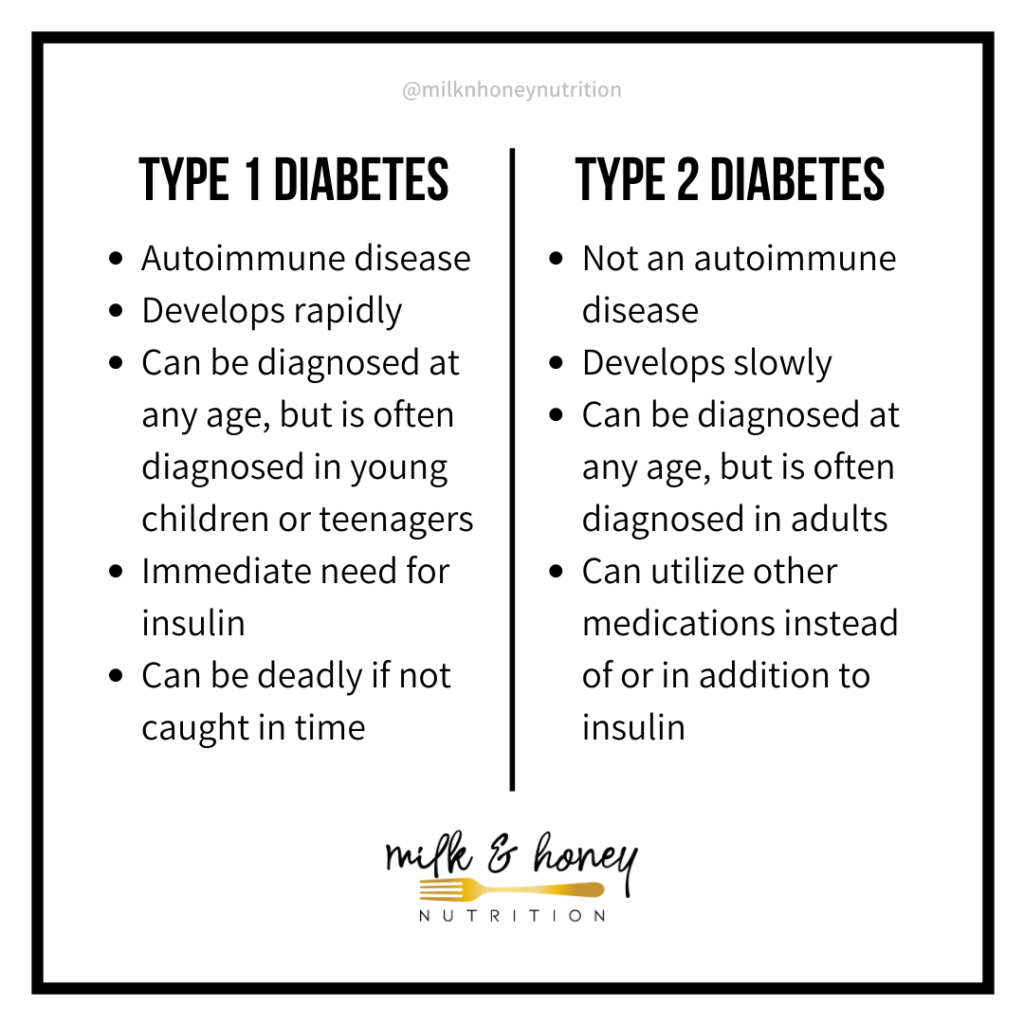
Type 1 vs. Type 2 Diabetes Diagnosis, Treatment, and Symptoms Milk & Honey Nutrition
If Clauses - Type 1 is used to express a possibility in the future (It is not certain that it will happen, but it is possible). We use this type when talking about real and possible situations in the future. Examples: If I have enough money (if clause) , I will buy a car. (Main Clause) If we see her, we will tell her what the teacher said.
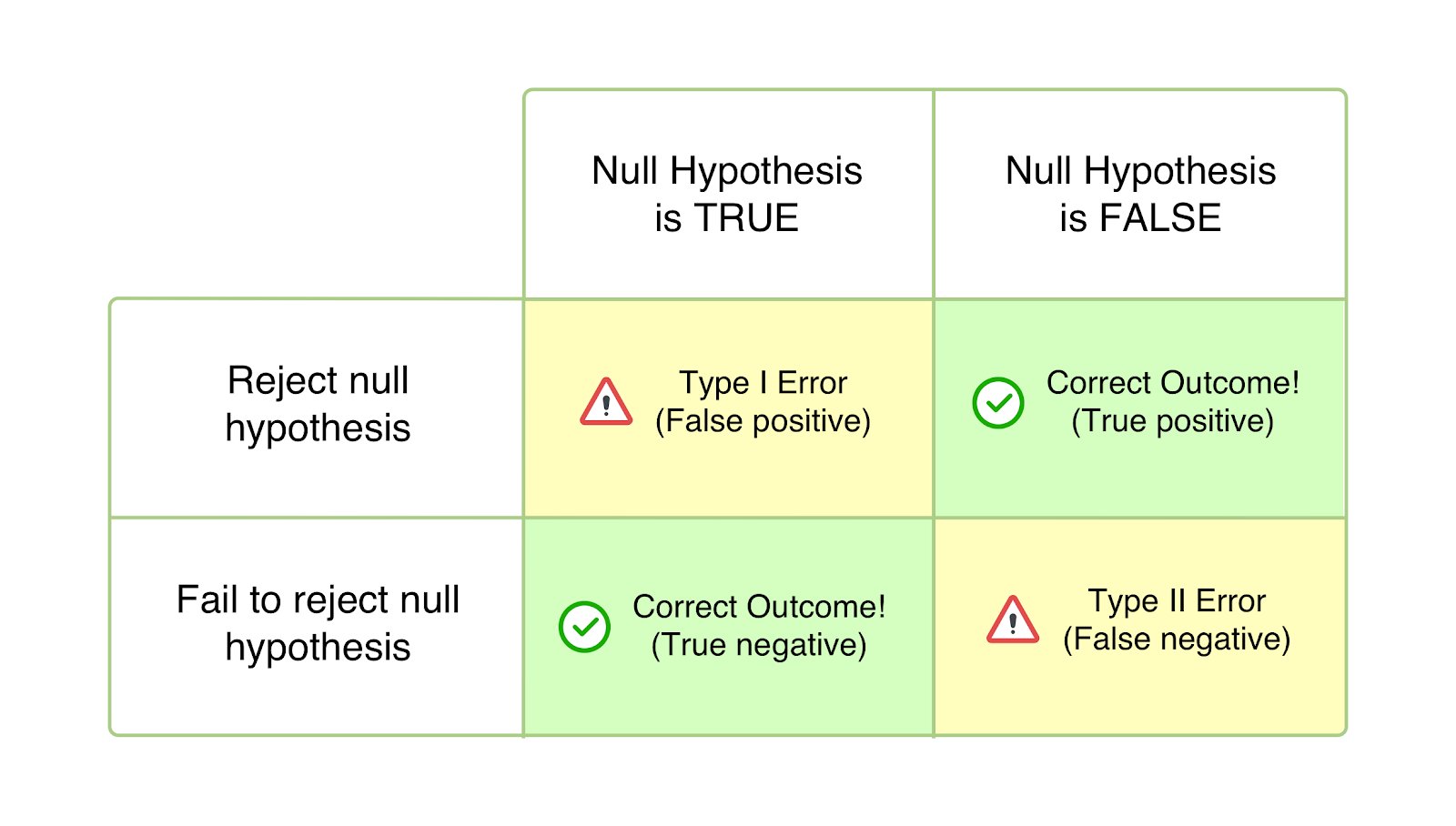
How To Avoid Type Ii Error Rowwhole3
IF is one of logical functions that evaluates a certain condition and returns one value if the condition is TRUE, and another value if the condition is FALSE. The syntax of the IF function is as follows: IF (logical_test, [value_if_true], [value_if_false])

️If Clause Type 1 Worksheet Free Download Gambr.co
Type 1 diabetes is a disease in which the pancreas does not produce any insulin. Insulin is an important hormone that helps your body to control the level of glucose (sugar) in your blood. Roughly 10 per cent of people living with diabetes have type 1, insulin-dependent diabetes.
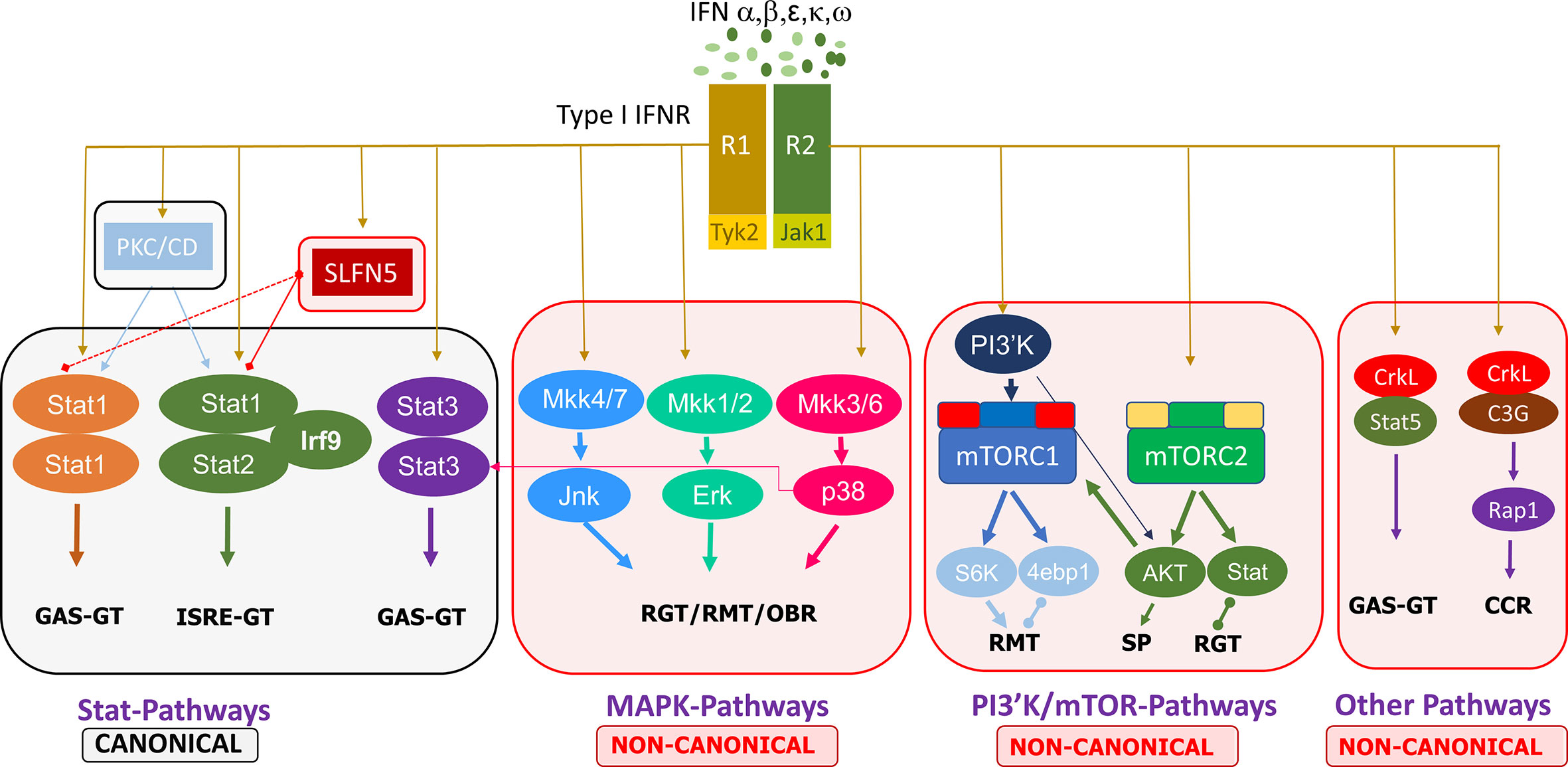
Frontiers Type I Interferon (IFN)Regulated Activation of Canonical and NonCanonical
Print PDF There are important differences between type 1 diabetes (~5% of persons) and type 2 diabetes (90-95% of persons). Other types, such as unusual genetic forms of diabetes, also exist. Diagnosing the type of diabetes is important for appropriate medical treatment. Understanding Diabetes Type 1 Diabetes Type 2 Diabetes

Stekker EV Type 1 vervangen door type 2 Elektrohonk
Type 1 diabetes is thought to be caused by an autoimmune reaction (the body attacks itself by mistake). This reaction destroys the cells in the pancreas that make insulin, called beta cells. This process can go on for months or years before any symptoms appear.

Pin on English grammar
Insulin is a hormone that helps decrease blood glucose levels. Type 1 diabetes often occurs in childhood or adolescence but can occur at any age. Type 2 diabetes is a chronic condition that develops slowly over time. With type 2 diabetes, your body doesn't use insulin properly, often resulting in high blood sugar levels.
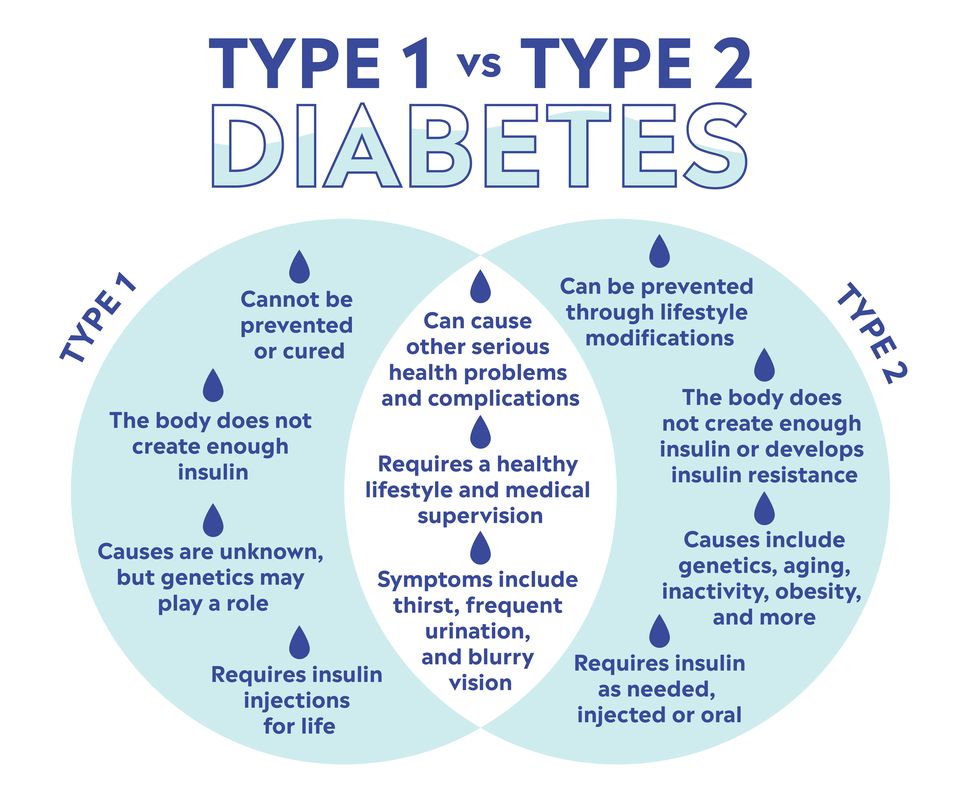
Acupuncture for Diabetes Whitney Green Acupuncture Acupuncture & Wellness Tigard, Oregon
Form if + Simple Present, will-Future Example: If I find her address, I will send her an invitation. The main clause can also be at the beginning of the sentence. In this case, don't use a comma. Example: I will send her an invitation if I find her address. Note: Main clause and / or if clause might be negative.

Pin on Для уроков
Conditional Sentence Type 1 → It is possible and also very likely that the condition will be fulfilled. Form: if + Simple Present, will-Future Example: If I find her address, I'll send her an invitation. more on Conditional Sentences Type I Conditional Sentence Type 2 → It is possible but very unlikely, that the condition will be fulfilled.

A New Perspective On Metformin Therapy In Type 1 Diabetes
Overview What is type 1 diabetes? A Mayo Clinic expert explains Learn more about type 1 diabetes from endocrinologist Yogish Kudva, M.B.B.S. Mayo Clinic Explains Diabetes From an accredited US hospital Show transcript Type 1 diabetes, once known as juvenile diabetes or insulin-dependent diabetes, is a chronic condition.

My Type 1 Diabetes Diagnosis Prompted Me To Start My Business by Kiri Masters Medium
First conditional if, also known as type one conditional, is when the condition to be met is open. The condition statement can be met in present or future time. If the condition is met, then the dependent follows. If it rains, we get wet. If it rains, we will get wet. If it doesn't rain, we won't get wet.